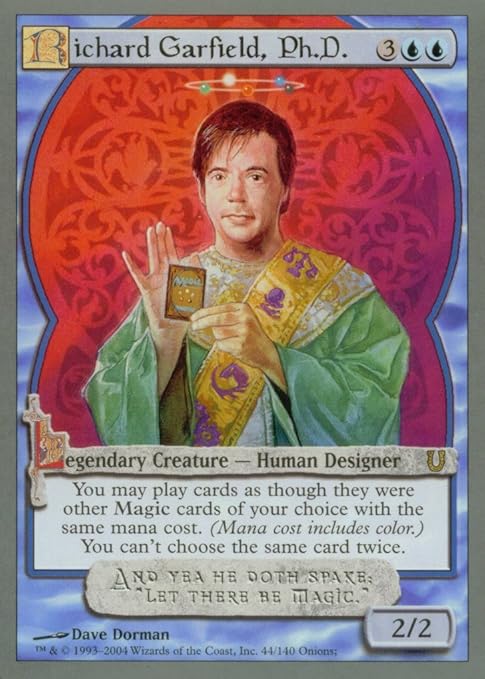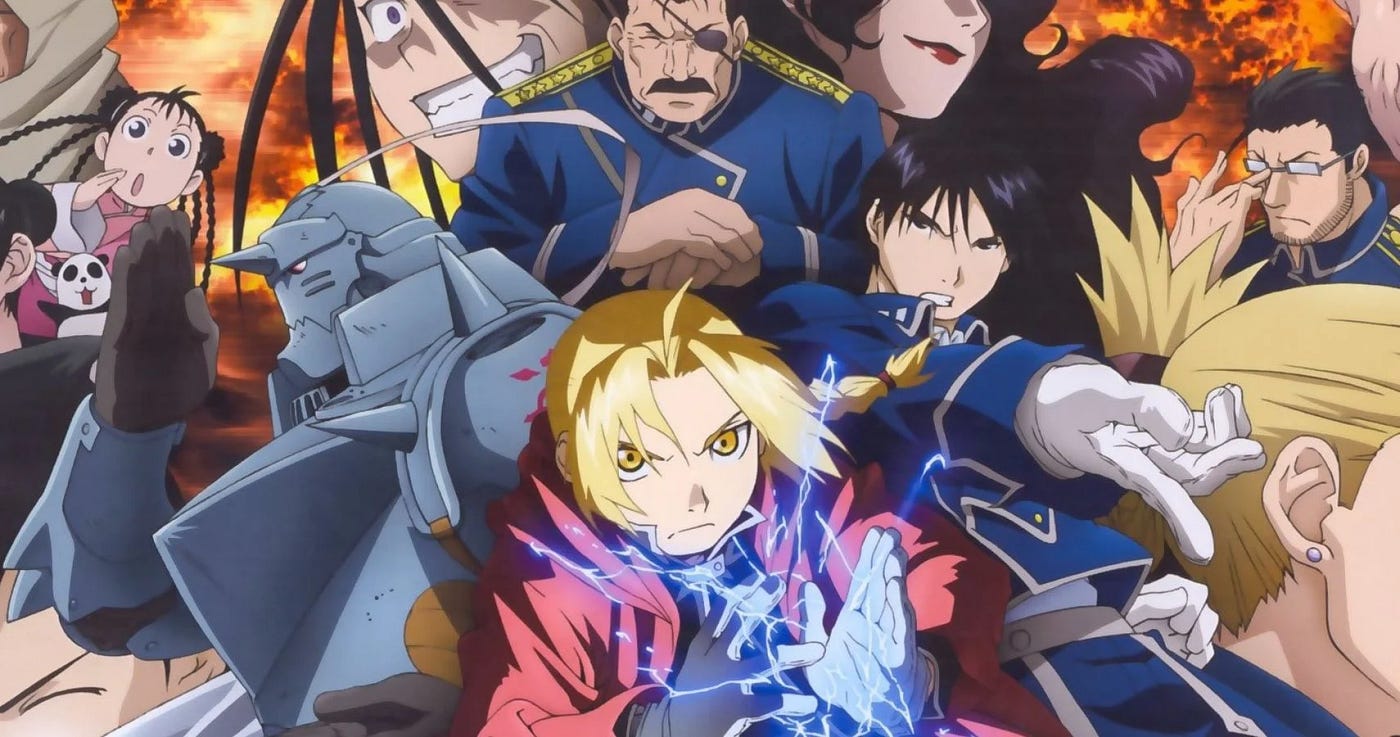
This article has been a long time coming, at least in the sense that the concepts I’m going to cover have been percolating into my consciousness since before even I stepped into the arena of Marvel: Crisis Protocol. Hell, even before I became a wargaming content creator for ANY game. Specifically I want to talk about the problem at the heart of competitive wargaming discussion: the Meta.
What is the Meta?
To start we have to define the meta and I’m going to steal a quote from arguably the greatest Game Designer of all time, Richard Garfield:

“My definition of metagame is broad. It is how a game interfaces with life. A particular game, played with the exact same rules will mean different things to different people, and those differences are the metagame. The rules of poker may not change between a casino game, a neighborhood nickel-dime-quarter game, and a game played for matchsticks, but the player experience in these games will certainly change. The experience of roleplaying with a group of story oriented players and playing with some goal oriented power gamers is entirely different, even though the underlying rules being played with may be the same.
There is of course no game without a metagame – by this definition. A game without a metagame is like an idealized object in physics. It may be a useful construct but it doesn’t really exist.” source
Which is to essentially say, the metagame is HOW we play the game. And in wargaming (or any nominally competitive tabletop/video game) it is used as shorthand for WHAT people are choosing inside of the game that gives the game its current flavor.
Now for competitive players of any game system this isn’t a problem this is just a tool to articulate “the state of the game”. These players want to know what’s good, whats bad, what works, what doesn’t. It’s a mercurial, complex target that is beyond the full control of the designers or even the players. Without a game changing with new releases like Marvel: Crisis Protocol there can still be massive shifts in the metagame. Chess, for example has RADICALLY changed at the top levels in the last few decades thanks to supercomputers as players understand the inner workings of the game far better than ever before. Hell, even in MCP you see learning happening on a much shorter scale as people learn the full extent of how to abuse stuff like Medusa/Enchantress alongside All You’ve Got, or new movement tricks unlocking Hired Muscle-less Panic plays. And as we see, once you go deep enough down the rabbit hole of learning people find patterns that are undesirable, unfair, or unfun. Which, thankfully is why most games with complex systems churn out new content nowadays.
New content means the game is CONSTANTLY in flux, with new pieces, new puzzles and new things to try out. Every release causes a gradual shift until eventually the game is completely different. In the early days your options were basically MODOK Cabal or Wakanda if you wanted to play top tier. Now, neither of them are top dogs without any material changes to their pieces. Their place in the game has fundamentally changed due to the meta moving past them. That’s not to say they aren’t as strong as they once were, just that people don’t play the game the same way as before.
MODOK in particular is probably still pound-for-pound the best 5 threat character in a slapfight, his only competition being Scarlet Witch. But the game isn’t always Gamma/Hammers in a front-to-back style fighting for the middle. Now mobility is at a much higher premium which is his fatal flaw. Mystic defenses are better, making his builder less of a premium. And some of his unique tools just aren’t as unique as they used to be.
Sure, there’s an ever shifting target of what’s good and desirable in the game at any moment, do you need to be a slave to it only what people identify as the best? NO. A game this broad and complex will never have an objectively correct way to play. Things that are “good” just have broad applications that can be used consistently and reliably. That’s valuable if you’re going to a tournament and want to cover all your bases. You can’t know who and what you’re going to play, so you want to maximize the odds that your tools will work against everyone you face. But that’s only within the context of tournaments. Which brings us to the heart of the problem.
The Big Tent

If you’ve seen me chatting on social media anywhere, you know I love to call Marvel: Crisis Protocol a “Big Tent Game”. Baked into its DNA is a desire to allow the full spectrum from hobby goblin to casual to tournament degenerate to love the same game. Which as a Warmachine refugee I can tell you is very important.
Warmachine was a game with similar complexity to Marvel: Crisis Protocol, but had a higher buy-in cost, less variance, and the better player would basically win near 90% of the time due to the brittle nature of its win conditions. It started off with a good spread in the community but over time became increasingly “competitive only” pushing out the casuals. Over the last few years this has led to a noticeable “die-off” of Warmachine communities where very few players are actually getting into the game due to its punitive nature while all the hardcore players slowly quit until the local meta is just dead. Warmachine players will unironically tell you that you’ll lose your first 50 games. THAT IS NOT A GOOD THING FOR THE LONG TERM HEALTH OF A TABLETOP GAME. In fact, when looking at MCP from rules to content strategy you can see that AMG is explicitly taking learnings of what went wrong with Warmachine to make MCP a better product. Simpler/less broken character displacement tools, simpler and more interactive terrain, rubber banding, higher variance, scenario focus without gotcha lockouts, alternating activations, casual game modes – the list goes on…
So cool, we have a big tent game that casual and competitive alike can enjoy. How do we stop the competitive players from optimizing the fun out of the game for the casuals? The announced crisis change is a step in that direction, but the reality is this has to be solved by the community – NOT the designers.
I see a LOT of complaining/clashing out there from casuals being annoyed at being told particular things are good/bad or how you’re supposed to play the game. In large part thats because the blogosphere for MCP is very competitive focused. To be honest (admittedly biased), right now MCP is the best competitive skirmish game on the market right now and its not even close. And the people who get invested enough in the game to do a podcast will just naturally skew heavily towards the competitive side because the people who tend to dump that much time into the game are usually there for the depth and complexity (myself included). So the casual player feels under-represented by the podcasters and article writers who see themselves as alchemists distilling the golden truth from the lead of the game as a whole.

Crabs in a Bucket

In general I put players into three buckets in terms of competition level and desires – casual, brewer, competitive. These three buckets aren’t perfect as its really a spectrum but it helps simplify the discussion for my purposes. If you’re a Magic: the Gathering veteran, three different names for these buckets might come to mind: Timmy, Johnny, and Spike. For the original MTG article on their equivalent of these three buckets (not quite 1:1 but you can see the parallels) you can read here.
Casual (or Timmy) players are the most casual (duh!). They are most motivated by elements of the game not necessarily related to the metagame – the hobby/art aspect, the fantasy of telling a story with the characters, being part of a community of like minded nerds. These people are the most divorced from whats top tier, and mostly want to play the characters they like from other Marvel media. Competitive podcasts have negative value for them as its a bunch of people dictating to them that the characters they love are bad and the characters they don’t care about are “must play”. But the thing is that message isn’t helpful to how people in this bucket experience the game as they’re usually playing people of similar mindset / competition level and at that point WAY more stuff works. In fact, I always love to say “you can make anything work in this game, its just a question of how many resources you want to use to make it work” because at pretty much every level except for top level convention play you can whip out anything and have a fun and fair game. Which I would like to shout out fellow ATB Contributor Lexa White’s Morlocks Podcast for putting a spotlight on unloved characters and is a very healthy podcast for casuals and brewers alike to listen to for a more open approach to what you can play.
Brewers (Johnnys in MTG parlance) are the next step bucket in the line. They love the game for the mechanics moreso than the hobby unlike casuals, but tend to buck the meta for pet favorites. They revel in celebrating cleverness and uniqueness in their play, and don’t care about competitive dogma. They listen to the competitive podcasts because their brews have to live in the same world as they want to show their pet picks work against the odds, but it can lead to a lot of frustration if they can’t figure out how to make it work. But I’d argue these people are actually the lifeblood of the meta. Without them brute forcing “bad” characters/tactics/crises its difficult for the meta to learn and grow as consumate competitive players can sometimes be stuck in their ways and slow to adapt until a brewer hits them with an unexpected brick like Time Thanos or X-Men extract jank.
And finally we come to Competitive players (Spikes). Competitive players love the game for the mechanics and rather than buck the meta like their Brewer bretheren, they drive it. They put time into working out exactly what you can/can’t get away with when the opponent knows all your tricks, sifting through the chaff for every little detail that they can use to improve their odds. Rather than celebrating hobby or cleverness above all else, they find their motivation in optimization and excellence first and foremost. Thats not to say that they don’t love the hobby or clever tricks as much as their peers, but their allegiance is to tools that can display their knowledge and hard work. Which, if you’ve ever competed at a convention makes total sense. Most major conventions are ~6 rounds of swiss pairings followed by 4 more of top cut swiss, where each round your opponent gets closer and closer to your exact skill level. All of a sudden cute tricks and pet picks start to fall apart at the top of the bracket as you face players who put in as much time or more than you. Sure a competitive player might be one of the best at their store, but at the topmost levels of a convention you are playing almost exclusively against people who are the best at THEIR store. The game increasingly becomes about preparation, meta knowledge, and consistency. The margin for error shrinks ever more and nothing but the best will suffice. Competitive players listen to the podcasts to keep up on the pulse of the community, to know what people are playing and winning with so they can fold it into their own practice to get to the next level.
In Conclusion

It is very important to understand what bucket you live in because it not only should help you formalize your own motivations for playing the game, it will help you interact and interface with the community in a more beneficial way.
Annoyed by “tryhard” content telling you what to play? Its not for you because you’re trying to have fun your way rather than achieve consistent results like those competitive players want to do to have fun. Rubbing people the wrong way at the store because you’re taking OP stuff? Put on the “kid gloves” and play fluff/jank locally and go all out on TTS so you can have your cool local community and eat cake too. You share MCP with THOUSANDS of people each with their own relationship to the game and opinions about how it should be played. Of course you’re not going to agree with all of them (or even a majority of them), so find the ones who play the game the way YOU play it and you’ll be much happier for it.
Thank you for taking the time to read this meandering rant, hopefully you gleaned a tidbit of something useful from my “meta manifesto”! And as always, be excellent to each other!
That will wrap us up for this article here on acrossthebifrost.com, make sure to check out the Roster Doctor on Facebook, Youtube and Anchor.Fm!
https://www.facebook.com/rosterdoctor

